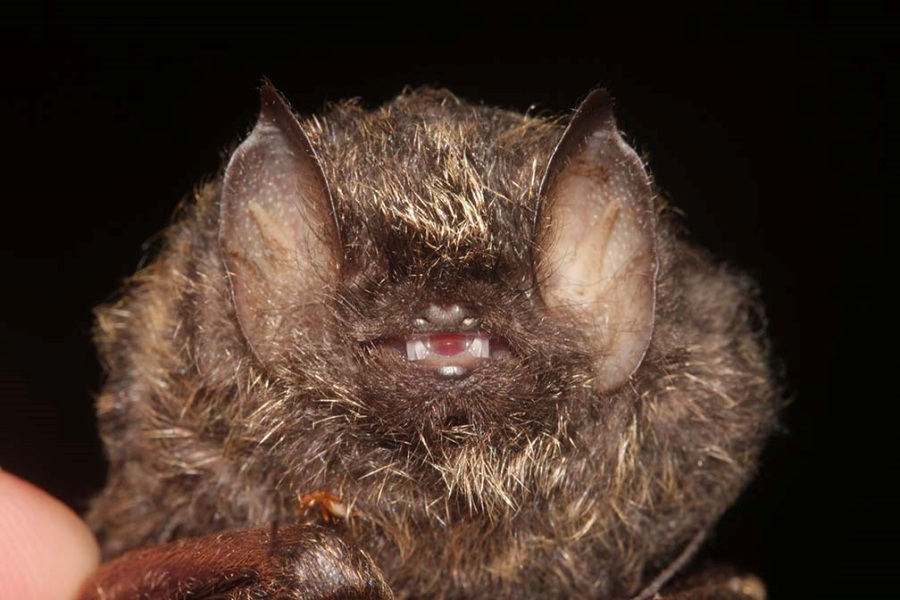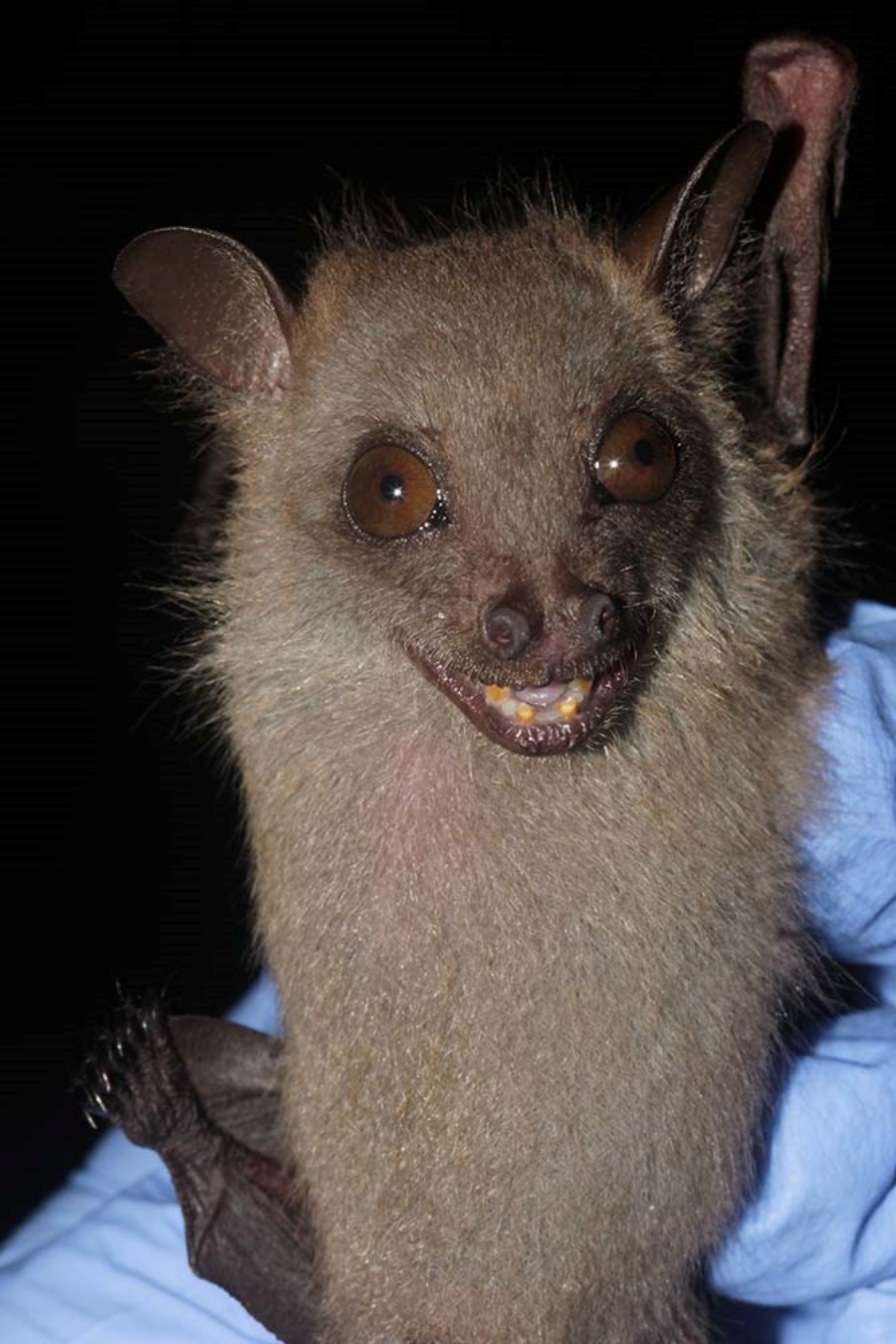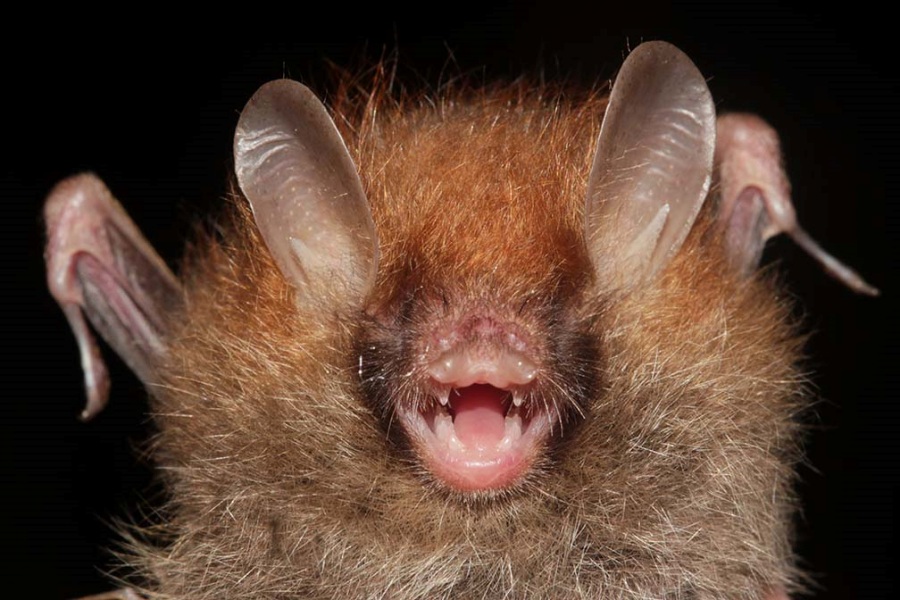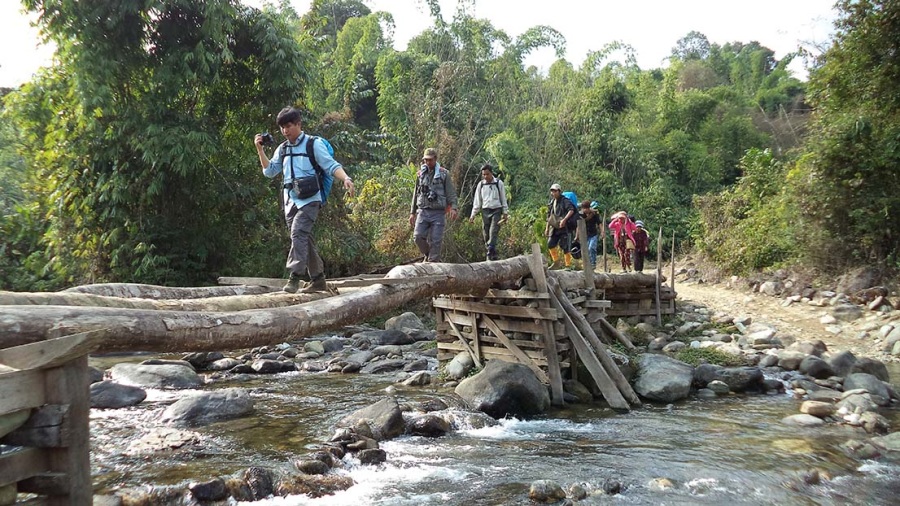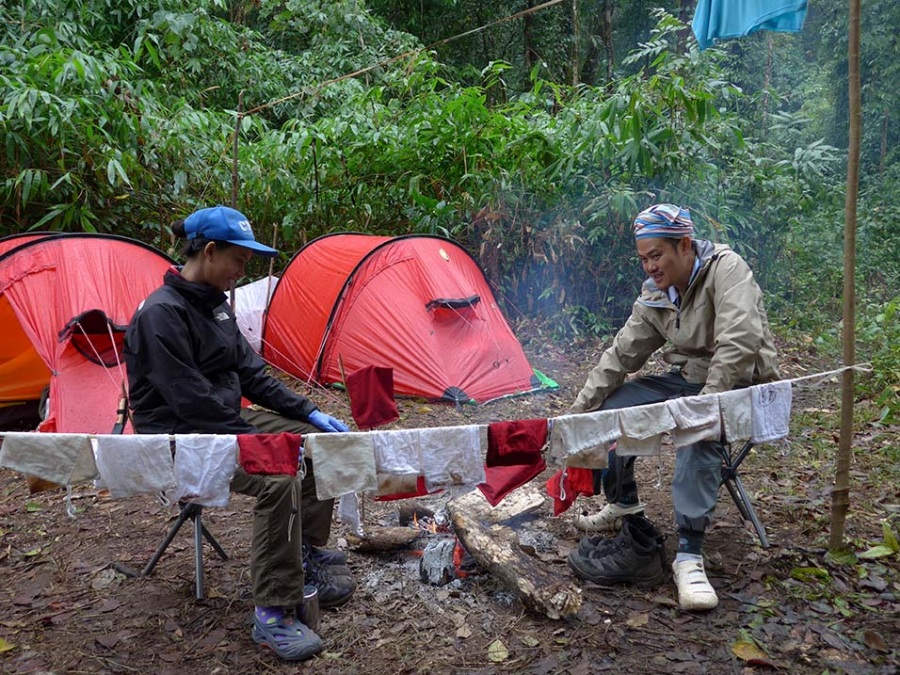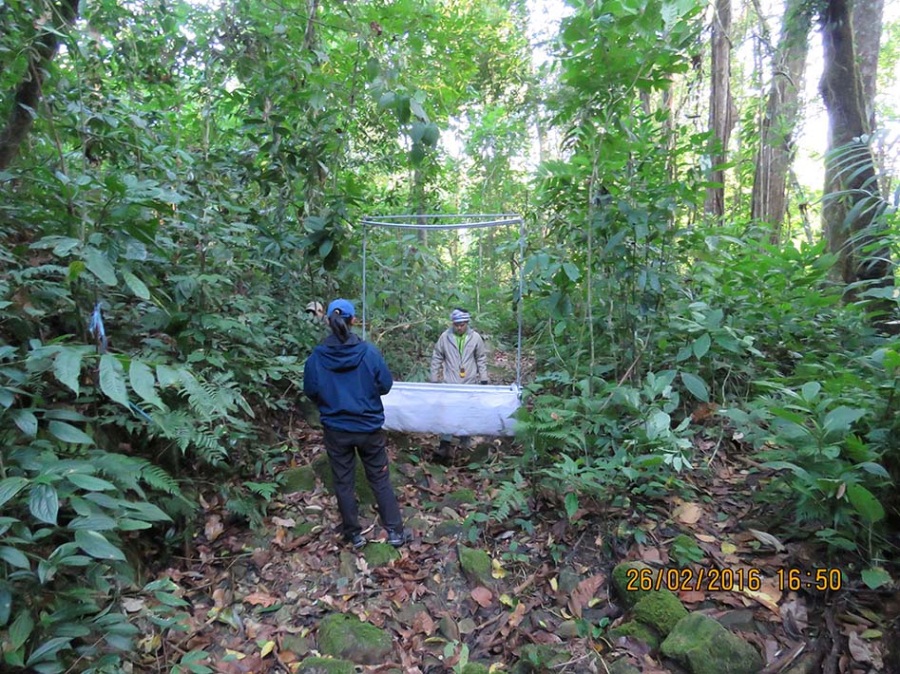
PSU researchers and an international network found support for the concept of the first natural world heritage site in Myanmar by participating in a study of mammalian biodiversity, where they found three new bat species, along with species firstly reported in Myanmar.
PSU researcher Dr. Pipat Soisook revealed that they have participated with UNESCO since 2016, collecting data to foster support for the concept of the first natural world heritage site in Myanmar. They studied bats in the Hkakabo Raz, the highest mountain in the northern Myanmar state of Kachin, where the area is covered with snow all year round, with a peak probably highest in Southeast Asia, primary indicators for potential bat diversity in the region.
During the nearly two-month study (February-March 2016), 36 species of bats, 17 genera and 6 families, were found. Three of these are new species, namely Murina hkakaboraiensis, Kerivoula furva, and a yet unnamed species under investigation. Three further species that have not yet been recorded there, have been reported recently; Megaerops niphanae, Murina pluvialis (a species not found in Thailand), and Phoniscus jagorii. Thus, 97 species have been identified, including two new species and three newly reported species. There are 102 known bat species in total in Myanmar.
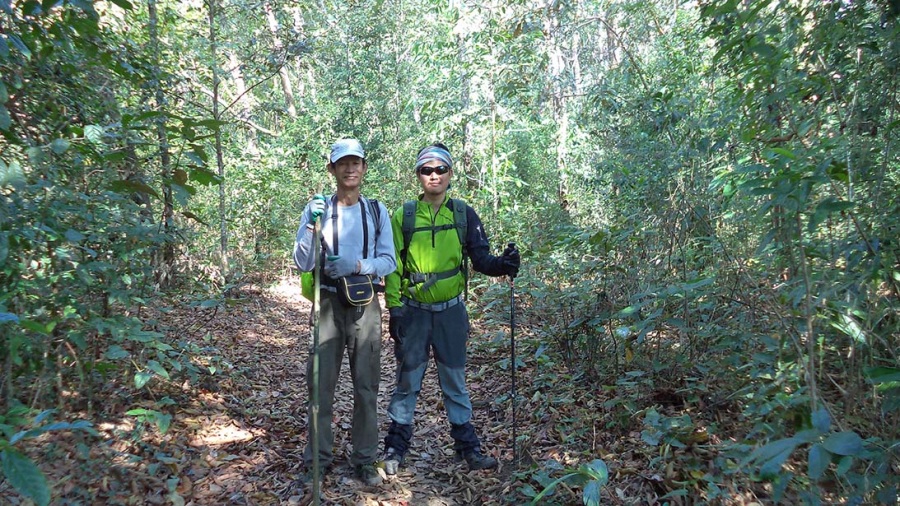
Dr. Pipat said that the study focused on the northern area of the country, completing his geographic background of Myanmar's bat diversity, which had never been studied seriously.
Very few bats have been reported, he explained; the Hkakabo Raz region is wonderful, rich in cultural, linguistic, and ethnic diversity, in addition to the great diversity of bats. The area should be turned into a reserve to continue the explorations unhindered. Unfortunately, the area is currently undergoing invasive cultivation and settlement activities, which carries a risk of species becoming extinct. Therefore, research, classification and conservation efforts need to be intensified, along with better integration and consideration of local needs.
“I’m proud to be part of this international network and the UNESCO team, which includes researchers from many countries. Working in a team result in more data and information. It’s an opportunity for acceptance at the international level, and it’s also a chance to conduct further research studies in fields”,
Dr. Pipat concluded.
